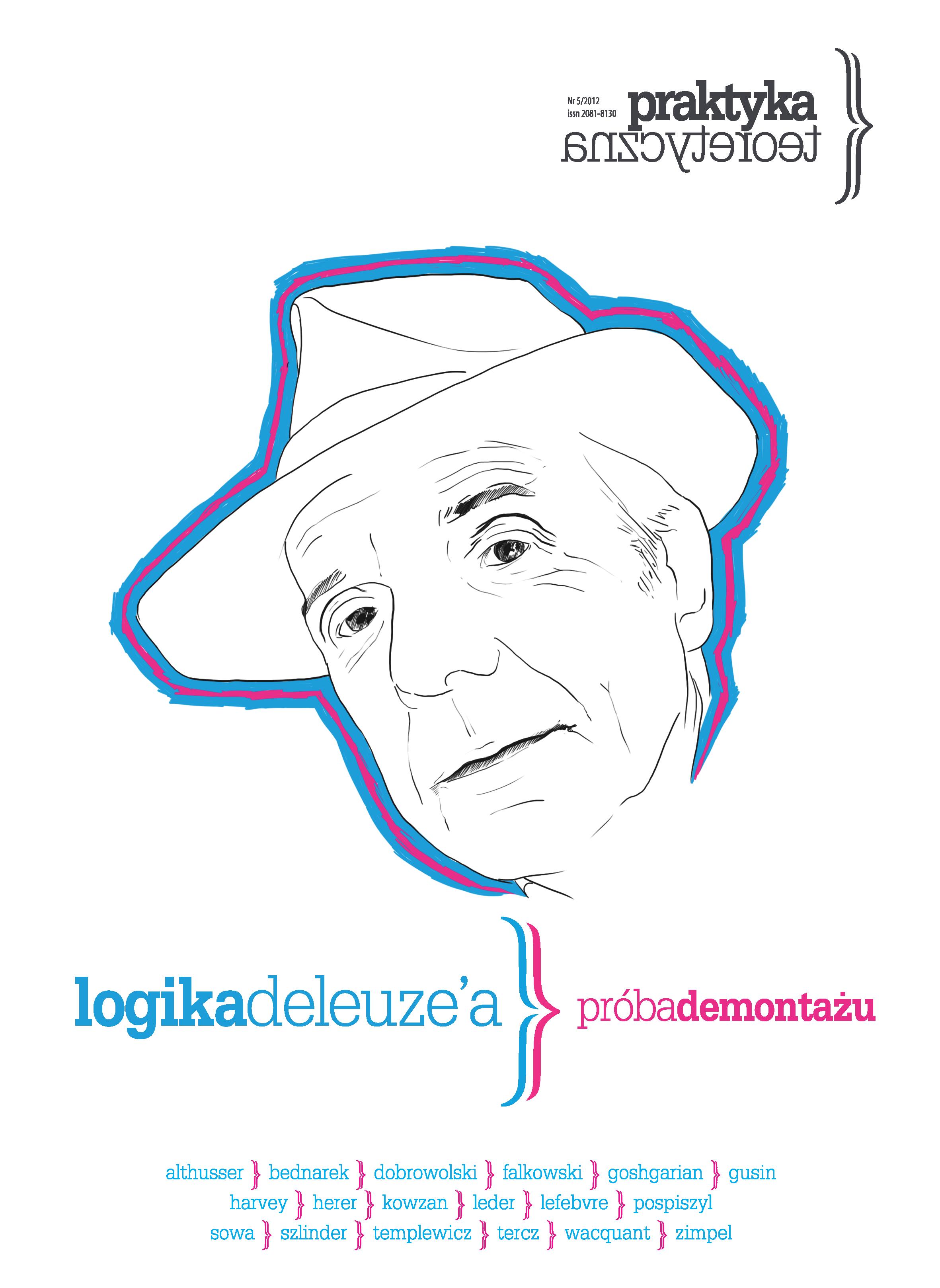Noologia radykalnej bezbożności (o Logice sensu Deleuze’a)
The noology of radical godlessness (about Deleuze’s Logic of sense)
Author(s): Jacek DobrowolskiSubject(s): Philosophy
Published by: Uniwersytet Adama Mickiewicza
Keywords: noology; godlessness; atheism; atheology; hidden theology; logic of sense
Summary/Abstract: Nietzsche’s critique of theistic thinking seems to be one of the major sources of Deleuze’s philosophy. The notion of becoming godless might cast light upon what the French philosopher intended to achieve through his “noology” and critique of the “traditional image of thought”, i.e. a paradigm of reflection that makes any idea “pious” or even God’s own idea, supposing hidden theology behind anthropology, as well as making truth “absolute”. Against such a priestly philosophy searching for the Truth, Deleuze proposed his own unorthodox view the “invention of truths”, a creative undermining of the strict true/false distinction. Furthermore, it led him to question the notion of the sense as theomorphic structure whereby it is akin to the “soul” of the object. To postulate a “reversal of Platonism” is to change sense into the “body” of an object. Although Deleuze’s effort to reinterpret the sense of sense might seem too experimental, we should see it more as his navigation through an intellectual game rather than his “beliefs” – only then can we unfold their subversive power of inspiration.
Journal: Praktyka teoretyczna
- Issue Year: 2012
- Issue No: 05
- Page Range: 97-105
- Page Count: 9
- Language: Polish

